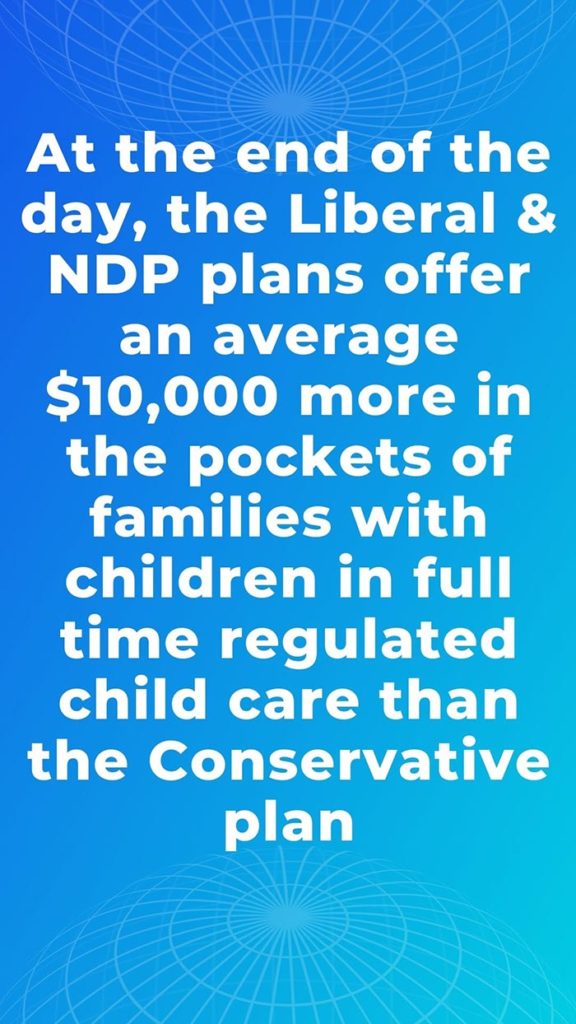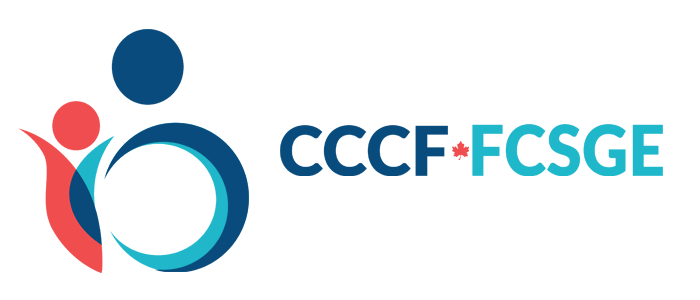FEDERAL ELECTION 2021—Affordability for Families
#childcarethetimeisNOW
This 2021 election is important for child care as it is a central piece in party platforms. Each party platform offers a plan promising to make child care affordable for families to enable them to work and get our economy back on its feet. The Liberal Government began implementing their $30+ billion program with seven provinces and one territory before the election was called on Aug. 15.
which party Offers the most affordable child care?
what can an average family with children save on costs once the new government is elected?
According to a report published Friday by the Canadian Centre for Policy Alternatives (CCPA).A Toronto family would save, on average, $1,000 a year under the Conservative tax-credit formula, but more than $11,000 a year under the Liberals’ or NDP’s plan. These two governments would invest more federal money up front, but would deliver greater affordability to parents with young children in full-time, licensed child care:
Conservative Party Child Care Plan
- A family would save, on average, $1,000 a year under the Conservative tax-credit formula
- Tax credits to families have modest impacts on affordability, but they don’t build a single space, or address quality.
- Parents would still have to pay for the child care up front
- Only 6,600 families would likely receive the Conservatives’ full $6,000 refundable tax credit; Those households would be low-to-middle income and would be spending a high proportion of their earnings on child care to get the full benefit.
- Top-income earners would see no income change, on average.
- Conservative plan offers the flexibility that regulated spots in a daycare[RM1] do not. The tax credit savings could be applied to weekend and after school private care.
Liberal and NDP Child Care Plan
- A Toronto family would save, on average, $11,000 a year
- Liberal and NDP would cut child care fees in half by 2022 which will result in $10-a-day care by 2026.
- Expansion of child care spaces across the country means parents can actually find a spot for their child
- The federal government would invest more money upfront and deliver affordability to families with young children.
- The Liberal’s deals with provinces are designed to provide more staff and spots for more children in regulated child care

At the end of the day, the Liberal and NDP plans offer an average $10,000 more in the pockets of families with children in full time regulated child care than the Conservative plan; and by investing in expanding spaces and hiring and supporting educators, will offer more choice and likelihood of finding a coveted spot.
Do you know who you will vote for September 20th? We hope our election resources can help you make an informed vote.
Download our first one page resource guide on Election 2021:
Follow us on social media for the most recent election resources. We encourage the community to share these resources with friends and family so we can all make an informed vote on September 20th.












